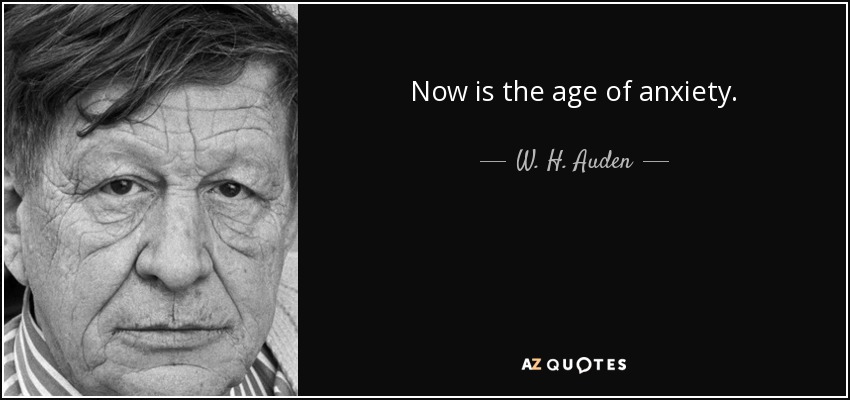


That Bloom was himself no ideologue, writes Jim Sleeper he was a close friend of Saul Bellow and “an eccentric interpreter of Enlightenment thought who led an Epicurean, quietly gay life.” Nonetheless, his fiery attack on changing academic values, The Closing of the American Mind, became a textbook of the neoconservative right. Bloom’s reputation perhaps unfairly fell victim to the so-called “ Canon Wars,” likely at times because of a misidentification with political philosopher Allan Bloom. And in many quarters of academia, mention of the name of Yale literary critic Harold Bloom provoked, at the very least, a raised eyebrow and pointed silence. I have little desire to rehash the politics, but the facts are plain: by the time I arrived in college as an undergraduate English major in the mid-90s, the idea of the “Western Canon” as a container of-in the words of a famous hymn-“all that’s good, and great, and true” was seriously on the wane, to put it mildly.


 0 kommentar(er)
0 kommentar(er)
